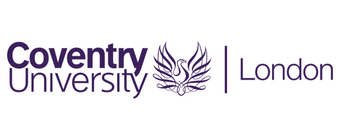This programme is aimed at students with a strong interest in financial trading in integrated financial markets. You will focus on trading and the behaviour of global financial markets through the use of an on campus simulated trading floor, which provides practical exposure and hands-on experience in the art of trading.
In addition, you will gain career ready business skills that are sought after by employers, including teamwork, communication, presentation and leadership skills.
This course provides students with the practical skills necessary to effectively lead in the fast-paced world of the global markets.
Extended Professional Practice
This course offers the option of undertaking Extended Professional Practice. Our Extended MSc courses are delivered over 18 months instead of the usual 12 months, giving you the opportunity to undertake a longer internship* or project as part of your course.
You will have the opportunity to gain a deeper understanding of how businesses operate, how to apply theory to real-world scenarios, and how best to prepare you for the world of business with confidence.
Our Talent Team are here to support you in securing an extended placement with the right employer. Whether you are looking to join a small business or a large organisation, the team will work with you to help you achieve your internship goal.
Your placement will be full-time, with students expected to work approximately 35 hours per week.
The Extended Professional Practice course lasts 5 semesters; during semesters 1 and 2 you will undertake 120 taught credits on-campus; in semesters 3 and 4 you will undertake the placement; in the final semester, you will take a 60-credit project module in which you will write up your internship report and research findings.














